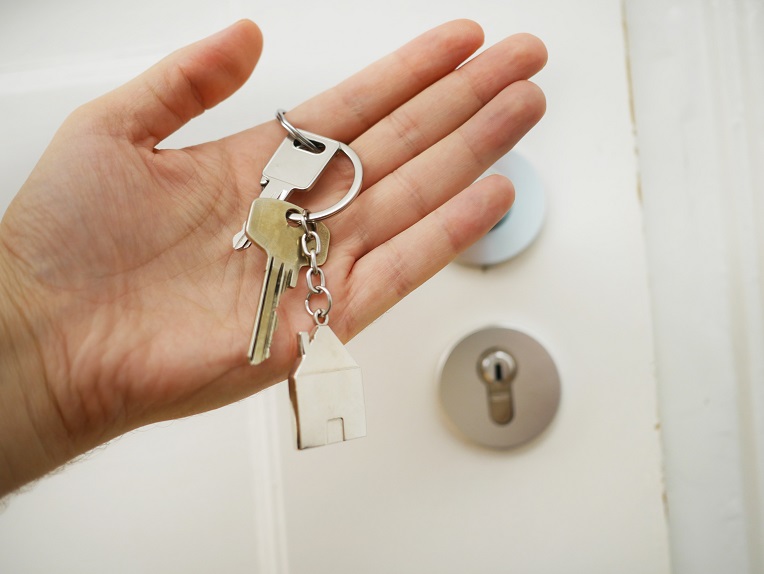
Congratulations are in order. You have finally found your dream home or best home buyer. The contract is signed by all parties. The closing date is set.
Or is it?
Unfortunately, many factors can slow the closing process and cause a delay of your closing date.
If you know the potential pitfalls, and how to manage them, it will save you lots of unnecessary stress. It may even save the transaction.
How long does it take to close on a house?
Statistics show it takes anywhere between 30 and 75 days to close on a home with a mortgage. A simple home refinancing usually takes less time. In 2020, the average home sale took 47 days to close. Your realtor or lawyer can advise you on a realistic closing date for your transaction.
Cash is king.
The need for a mortgage will lengthen the closing time. Cash payment usually means a fast closing. In fact, cash sales can wrap up in as little as two weeks.
Sellers looking for a quick sale with fewer complications welcome cash buyers. Sellers may even reduce their price for a solid cash offer. The lawyers must confirm the availability of the cash.
Preapproved vs. prequalified
Today, most home sellers want preapproved or, at least, prequalified buyers. To be preapproved, the buyer needs to submit paperwork and fill out an application. Preapproval makes it likely that the mortgage will sail through underwriting.
Or a buyer can speak to a mortgage representative, provide information about income, assets, and debts, and get a prequalification letter. This will give all parties reasonable assurance that a mortgage will be approved. However, it is not as reliableas a preapproval by a bank.
If a buyer is not preapproved, or at least prequalified, it means they have not even started to address the mortgage process. Expect the unexpected! If buyers are unqualified for a mortgage, say good-by to the house sale.
What type of mortgage?
The type of mortgage can dictate the time it takes to close. The 2020 statistics show a conventional loan takes an average of 47 days. An FHA loan will take about 52 days to close. VA loans take up to 51 days.
If a buyer has poor credit, this adds to the closing time. To prevent delays, the buyer should quickly submit all required paperwork, including applications, proof of income, employment information, tax returns, assets in bank accounts, monthly debt payments, and all other required documents.
You may think there’s lots of time to get a mortgage, but this isn’t true. A tiny bump in the mortgage process can cause long delays.
The house inspection and the seller’s disclosure
Usually, the house inspection deadline is identified in the contract. Unexpected inspection findings may trigger a renegotiation of the sale price, or the need for work to be done on the home. Negotiations and home repairs can delay the closing for days or weeks. Problems found in inspections can range from a small leak in the roof to a failing septic system.
A homeowner can have their own home inspected before putting it on the market and then make the report available to prospective buyers. This will all but eliminate unwanted inspection surprises.
Buyers must carefully read the seller’s disclosure on the home before making an offer. Items in the seller’s disclosure that are subsequently confirmed during the inspection will not reopen negotiation on the home.
A title search is mandatory
A title search checks for liens or judgments against the property owners. A mortgage is denied if liens or judgments are unresolved. A problem discovered during a title search can cause a long or short delay. These problems can even be deal breakers.
What does the appraiser say about the home’s value?
Each mortgage requires a home appraisal. Usually the bank will send out its own appraiser to inspect the property. The appraiser looks for comparable sale comps in the neighborhood.
If the appraisal goes well, the mortgage proceeds. A low appraisal can cause problems with mortgage approval. The bank may offer remedies, but it will certainly add time to the closing process. A poor appraisal may derail the mortgage.
The home buyer must have proof of insurance
It’s not that uncommon for the buyer to simply forget to purchase home insurance before the closing. This can delay the closing for a day or so. No home insurance, no mortgage.
Do you need a certificate of occupancy (CO)?
Some municipalities require a Certificate of Occupancy before a property can legally change hands. The seller calls for a local inspector to come out to the house. The inspector makes sure that there are no code violations, and that home updates were done with proper permits.
Reserve enough time for the process. There could be closing delays of several weeks—or longer if a problem is found. Sometimes, an interim solution can be agreed upon by the lender and the municipality, allowing the sale to close.
The odds are in your favor
There are a lot of moving parts that need to mesh together to ensure a timely closing. The buyer, seller, bank, lawyers, inspectors and real estate agents all can help or slow this process. A dedicated real estate agent can help make sure that everything is moving along at a nice clip; it’s important that no one drops the ball.
The National Association of Realtors reported that in 2018, 76% of existing home sales closed on time. Nineteen percent of existing home sales closing delays, most of which were caused by mortgages. Only 5% of home closings did not occur.
So, when you sign your home purchase and sale contract, realize that the closing date may need to be moved. Stay flexible and dedicated to follow-through to ensure a timely closing. Happily, the odds are well in your favor that your home transaction will be completed on time.


